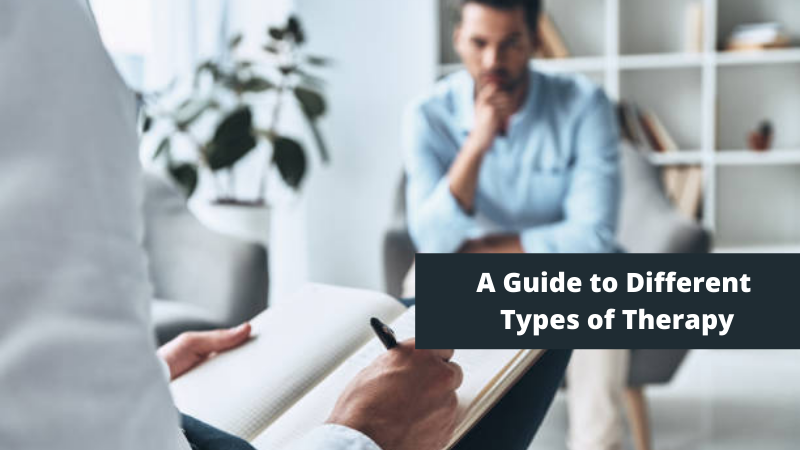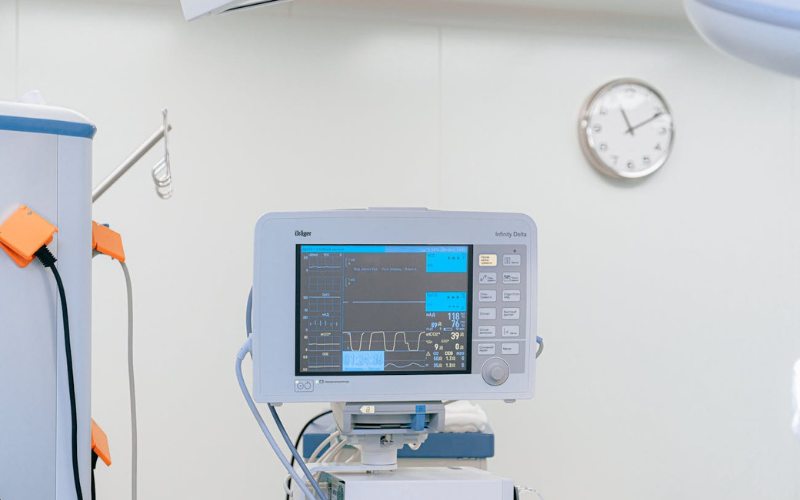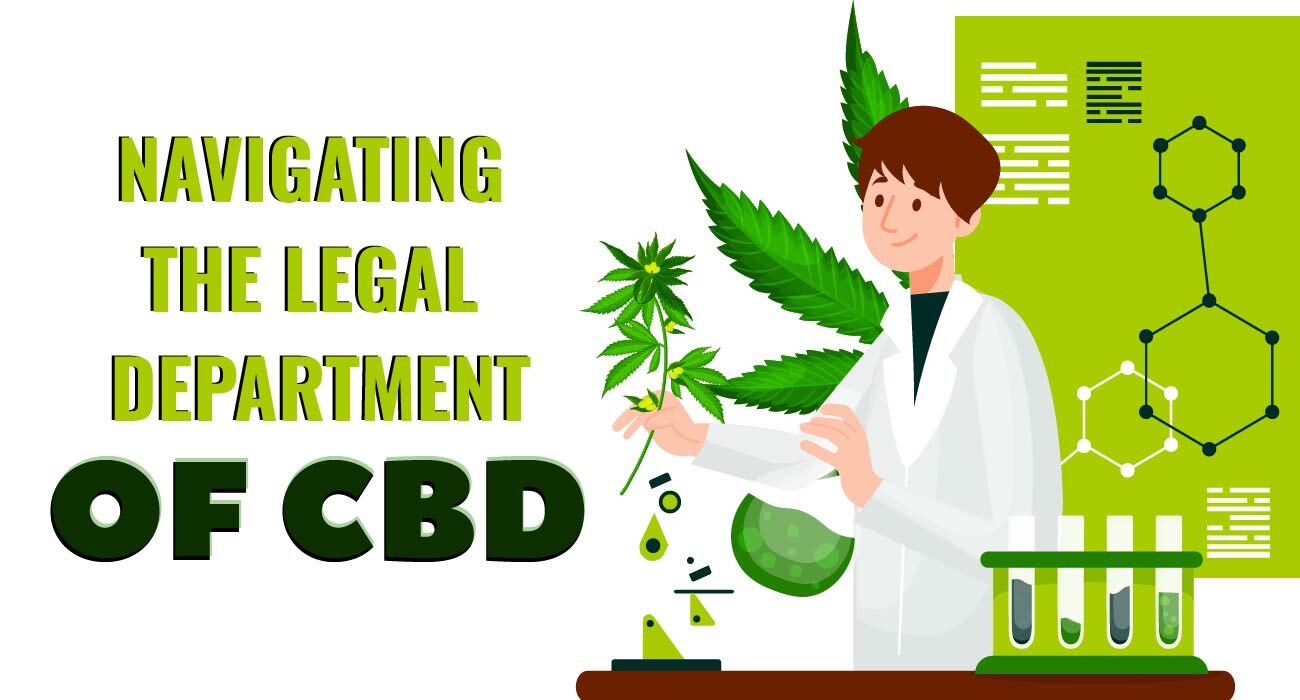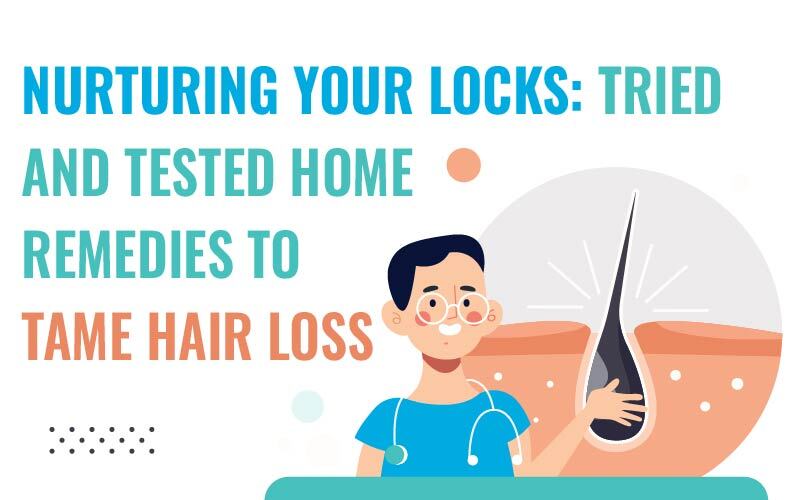If you are searching for a therapist for yourself or your family member/friend, you must have realized the range of therapies offered by different healthcare centers. A therapist in Bangalore can provide almost all kinds of therapy sessions one needs—although it is tough to find a genuine, experienced therapist.
In therapy sessions, a health professional will train the patient mentally and physically (using mild exercises). The patient’s activities/training depends on the preferred method of the professional and the issues the patient needs to fix.
Mental health is crucial, especially since the pandemic started, people are suffering from mild to severe psychological conditions. Being alone in an apartment, lack of outdoor activities, no contact with family members and friends can affect a person’s mental health.
To avoid all these issues, one must consult a therapist as soon as they feel uncomfortable (mentally).
The common types of therapies are as follows:
Psychodynamic therapy
This therapy was developed from psychoanalysis, a systematic (time-consuming) approach to mental health treatment.
In this therapy session, one can talk about everything they want to, and the professional will write down the issues, thoughts, worries, etc., one has at that moment. The therapist will analyze the behavior contributing to distress. The therapist usually asks about one’s past, childhood, and dreams.
How does it help?
It is suitable for addressing:
- Anxiety
- Somatic symptoms
- Depression
- Eating disorder
- Substance use disorder
Behavioral therapy
This is an action-oriented approach for psychological treatment. As per the behavioral theory, some behaviors develop from things one learned in the past. Some (behaviors) might affect their life if not stopped. It is usually a negative behavior (probably unknown) that causes distress and other emotions.
There are some subtypes of behavioral therapy known as:
- Systematic desensitization
- Aversion therapy
- Flooding
How does it help?
It is good therapy for addressing:
- Phobias
- Obsessive-compulsive disorder
- Substance use disorder
- Anxiety
- Oppositional and defiant behaviors
- Attention deficit hyperactivity disorder
- Behavioral issues because of communication issues or emotional challenges
Cognitive-behavioral therapy (CBT)
It is a short-term approach to psychological health treatment. It is very similar to behavioral therapy and addresses unhelpful thinking patterns or unwanted (dangerous) thoughts.
This therapy eradicates the feelings from one’s past and the unwanted feelings one developed recently.
Some subtypes of CBT are:
- Dialectical behavioral therapy (DBT)
- Rational emotive therapy
How does it help?
CBT is suitable for addressing:
- Eating disorder
- Obsessive-compulsive disorder (OCD)
- Insomnia
- Anxiety and phobias
- Mood disorders like depression & bipolar disorder
- Substance use disorder
Humanistic therapy
It is an approach that analyses the effect of worldview on the person, especially the decisions that cause distress in that individual. It is based on the theory/belief that ‘you are the best person to understand your problems and solve them.’
The professional stays with the person help them with their experience and offers guidance and support without interfering with their feelings.
How does it help?
This therapy is suitable for addressing:
- Difficulty in dealing with health issues
- Depression
- Relationship issues
- Self-esteem issues
- Substance use disorder
- Effect of trauma
These are the main/common therapies people go for, and every therapist in Bangalore will suggest these as an initial treatment for an individual. Further treatment/therapies will be advised after analyzing the results.
Other popular therapies are:
- Dialectical behavior therapy
- Creative arts therapy
- Play therapy
- Eye movement desensitization and reprocessing therapy
- Mentalization-based therapy
- Animal-assisted therapy
- Emotional-focused therapy
- Exposure therapy
- Interpersonal therapy
- Family therapy group therapy
- Mindfulness-based therapy
Also Read: What Are The Best Treatments For Female Hair Thinning?




